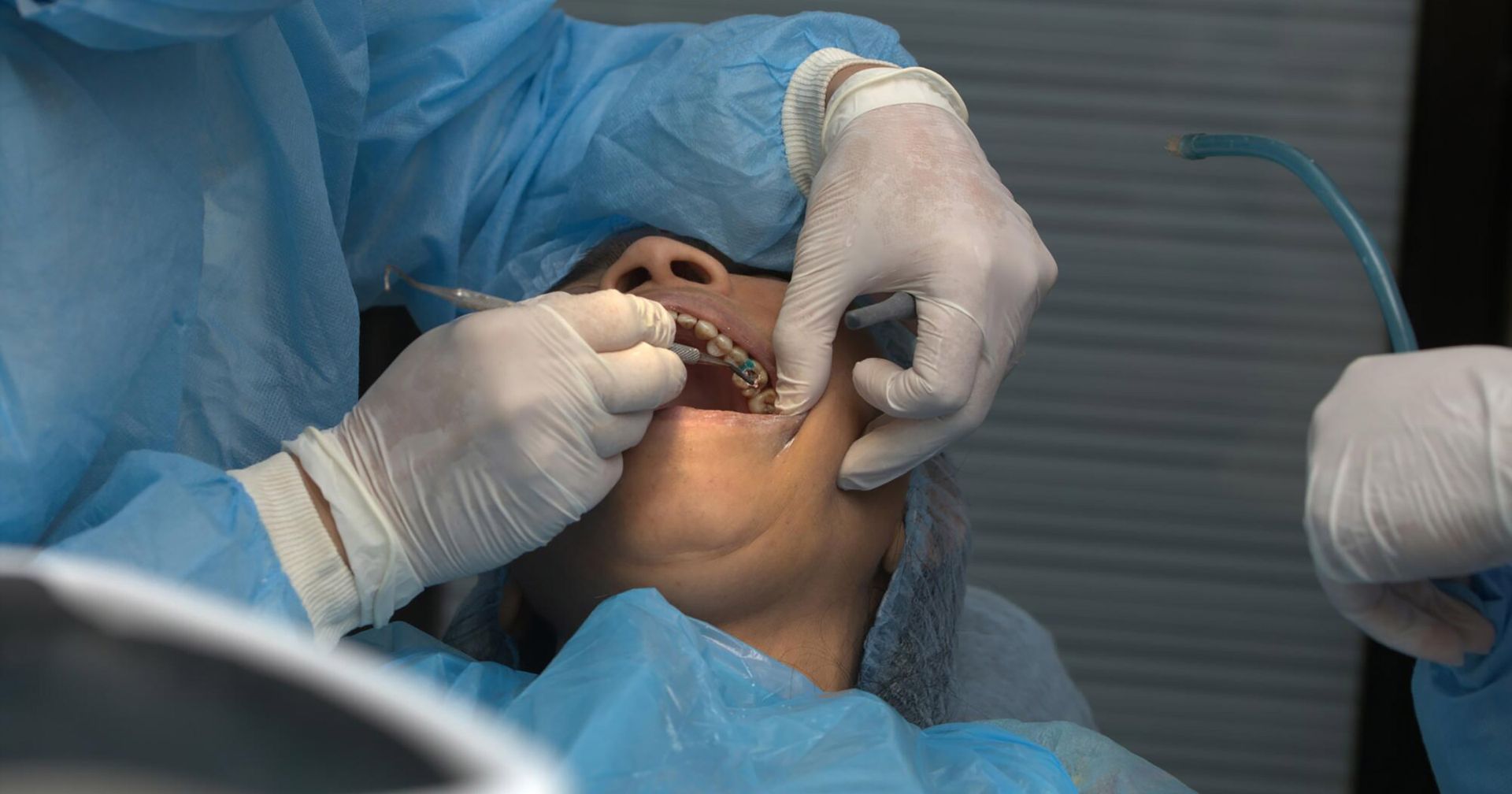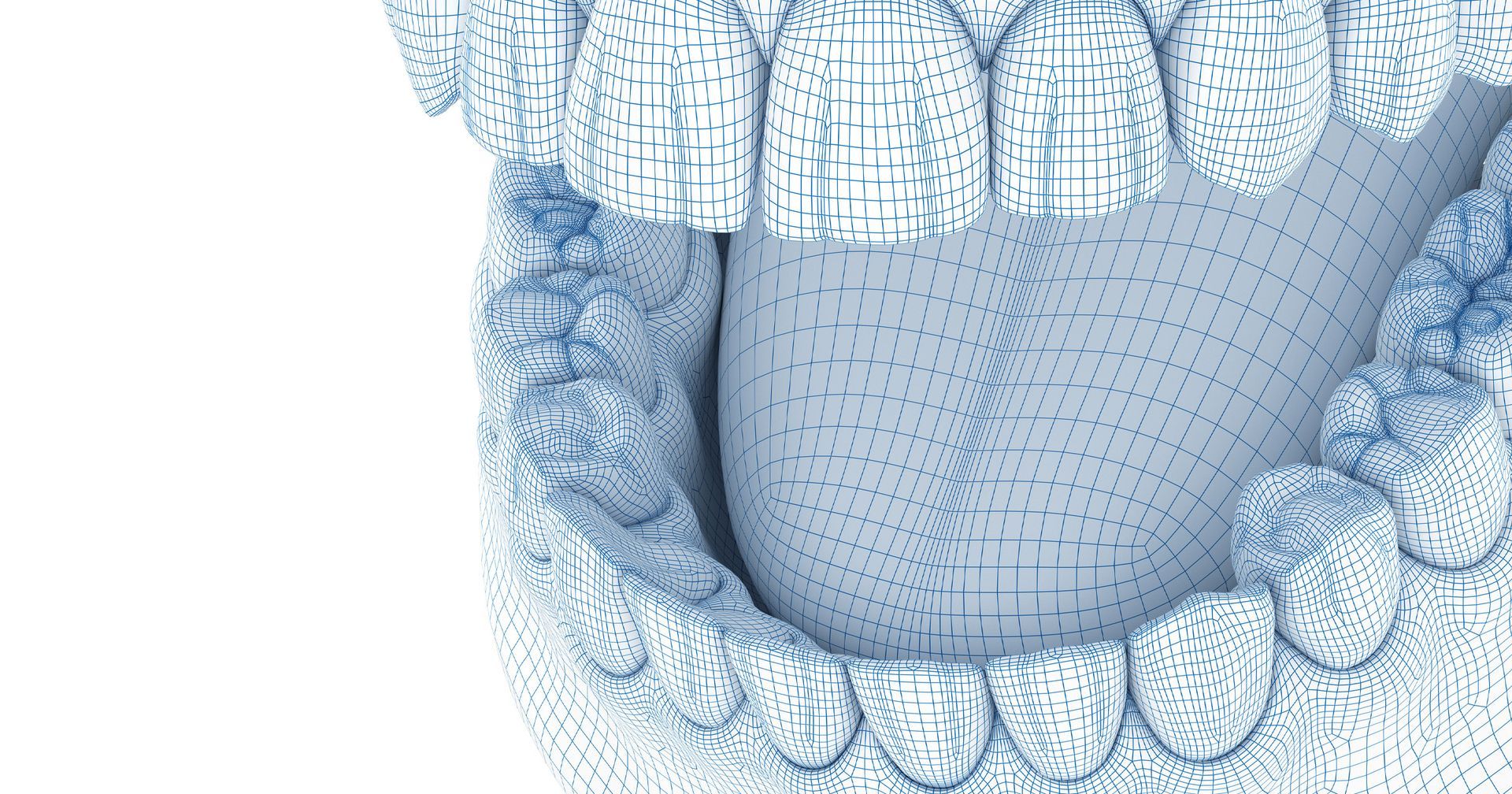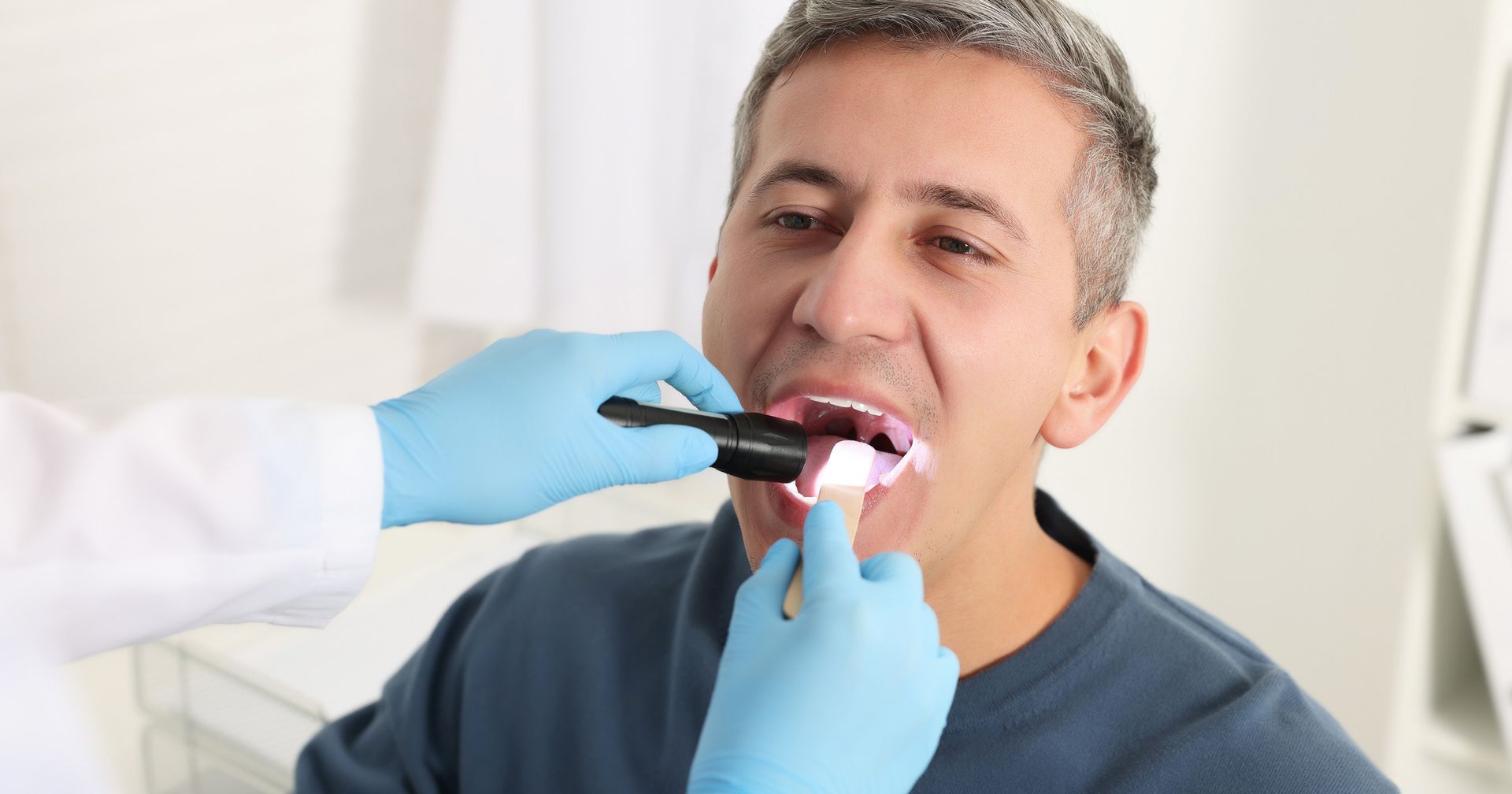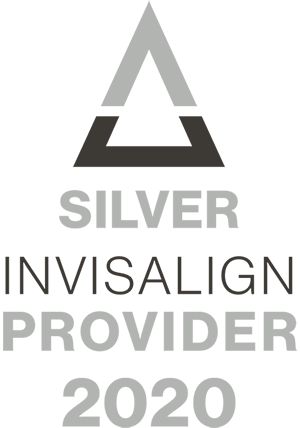A Patient's Guide to Sedation Dentistry
Are you tired of fearing and dreading your dentist visits? Check out this patient's guide to sedation dentistry to find out if it's right for you.
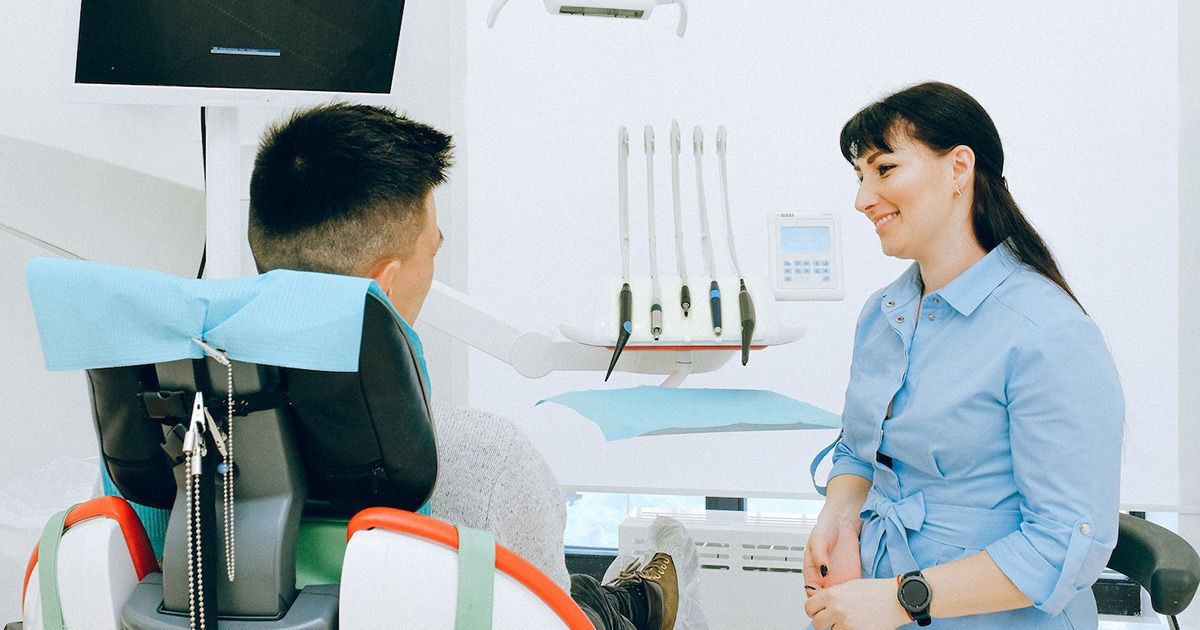
36% of people in the US fear getting dental treatment. For 12% of Americans, that fear is extreme.
This can make anticipating a dental visit difficult and anxiety-inducing. For those with more extreme fears, it might mean they even skip going to the dentist altogether.
Many dentists now offer sedation dentistry to help patients manage their dental experiences. You might quickly realize that the fears you feel aren't necessary with sedation dentistry.
Read on to learn more about sedation dentistry and what to expect.
What Is Sedation Dentistry?
Sedation dentistry is the term used to describe giving patients different types of medications during their dental procedure to help relax them.
Since patients have different levels of pain tolerance and emotions related to dental work, sedation dentistry helps to address the unique needs of every patient.
A dentist can offer minimal, moderate, and deep sedation depending on the unique needs of the patient and the procedure being done.
Types of Sedation
There are several options for sedation your dentist might use to help you relax and manage pain during a dental procedure.
Each of these offers a different level of sedation. It's best to talk with your dentist about your wishes and what option will be best for you during your dental work.
Let's take a closer look at the different types of sedation.
Inhaled Sedation
Inhaled sedation is likely the most common type of sedation used in dentistry. Often referred to as laughing gas, nitrous oxide gets placed over the patient's nose.
The patient breathes nitrous oxide when working through their body so they can relax during their dental procedure.
Oral Sedation
Patients who get oral sedation take a pill orally before their procedure. This pill will help the patient to feel drowsy.
Interestingly, most patients are awake enough to follow basic directions and respond to commands from the dental staff. Even though they can respond, most patients report they don't have much memory of the procedure once it's done.
IV Sedation
With IV sedation, the patient receives the sedation medication through an IV inserted into the veins, typically in the arm.
This is a deeper level of sedation for the patient. It also allows the dentist to adjust the level of sedation throughout the procedure. This is especially important if the procedure is long or lasts longer than expected.
General Anesthesia
General anesthesia is another form of deeper anesthetic. This is used when the dentist and patient agree that it's best for the patient to be completely asleep and unconscious during the dental procedure.
The patient won't recall the procedure because of the general anesthetic, yet waking back up from this type of sedation can take longer.
Who Is a Good Candidate for Sedation Dentistry?
As you consider your dental care, you might wonder if sedation dentistry is right for you. Who are the best candidates for sedation?
The best candidates include:
- Patients with highly sensitive teeth
- Patients who don't respond to Novocaine
- Patients with gag reflex issues
- When there's a need for multiple dental procedures to be done at the same time
- Dental surgery
Many patients who have a high level of anxiety about dental care also benefit from sedation dentistry. Some children with anxiety can also benefit from small doses of nitrous oxide to help them relax.
What to Expect With This Type of Dentistry
So, as you maintain your oral health, what should you expect if you hope to have some form of sedation for your dental procedure?
Let's take a closer look at what happens before, during, and after sedation dentistry.
Before the Procedure
Before your next dental procedure, talk to your dentist about the need for sedation. Your dentist will want to review your medical history and what other drugs you take. It's important to evaluate your suitability for sedation dentistry.
Your dentist should propose which option for sedation fits your needs and the demands of the dental procedure. Be sure to ask your dentist to discuss the advantages, disadvantages, and associated risks of the sedation.
Together you should agree on a sedation method, and then you'll be asked to sign a consent form.
The dentist can then prep the appropriate sedation and ensure a dental care team is in place to monitor your safety.
Then you'll be given the appropriate pre-care instructions so you're ready for the type of sedation that will be used.
During the Procedure
Before your procedure, the dental staff will obtain baseline vital signs to monitor you throughout your sedation.
Once ready, the dentist will administer the sedative drug you've agreed upon before beginning the oral care procedure.
Once administered, it's important that the care team checks the sedation levels to ensure you've reached the necessary comfort level before getting started.
During the procedure, your sedation levels and vitals will continue to be monitored. If you need additional sedation, the dentist can adjust the levels.
After the Procedure
When your procedure is complete, the dental staff must ensure you've mostly recovered from the sedation before allowing you to leave the office.
You will likely be given directions to have someone available to drive you home. You may be allowed to drive yourself if you're only receiving nitrous oxide sedation.
You should also receive post-dental care instructions, including any pain management instructions.
Sedation dentistry is safe for most patients.
Your dentist is not only responsible for assisting in your dental health, but they should also provide the option to have relaxation and comfort while getting a dental procedure.
Visit Your Sedation Dentist in Bedford, NH
Sedation dentistry allows many patients to seek dental care without the anxiety or potential for unnecessary pain during dental care.
If you have questions about your own dental care or the need for sedation dentistry, we can help.
Contact us today so we can work together to create the best dental plan for you.

